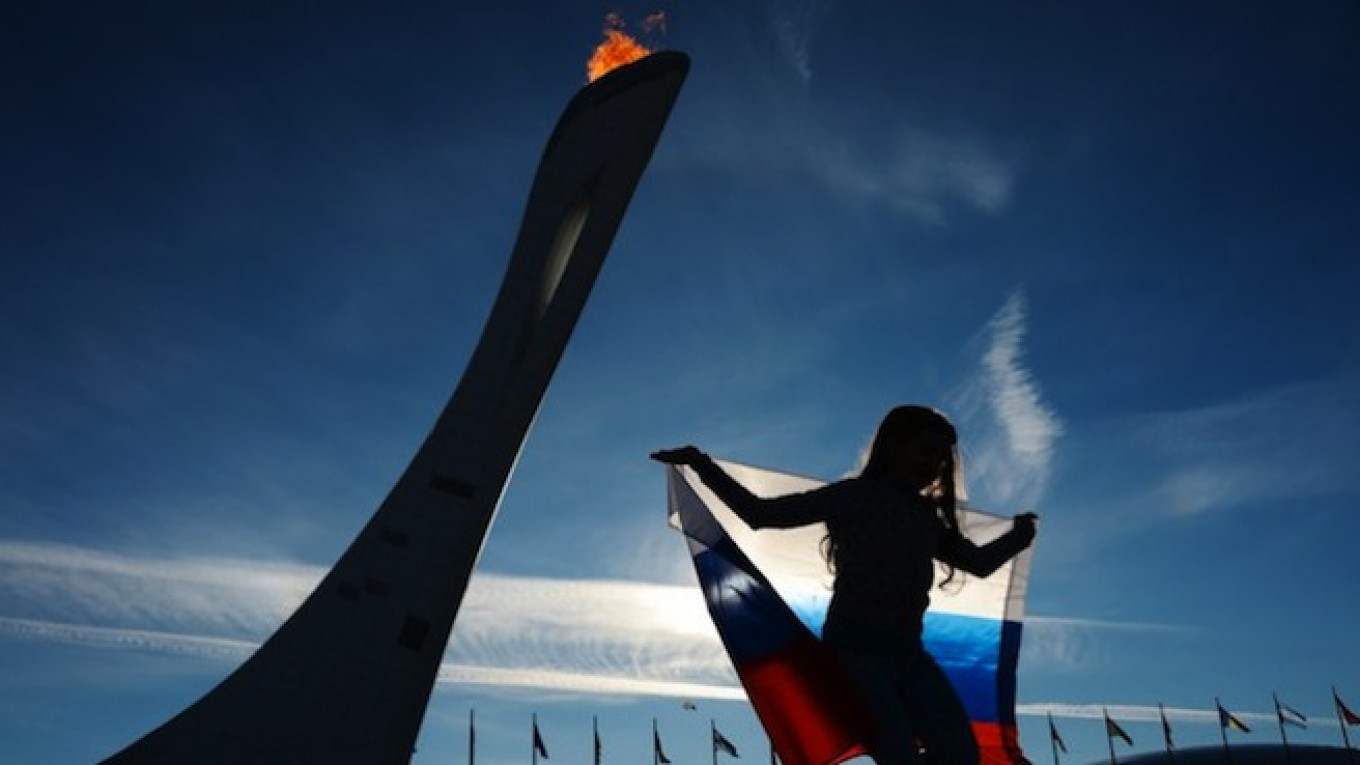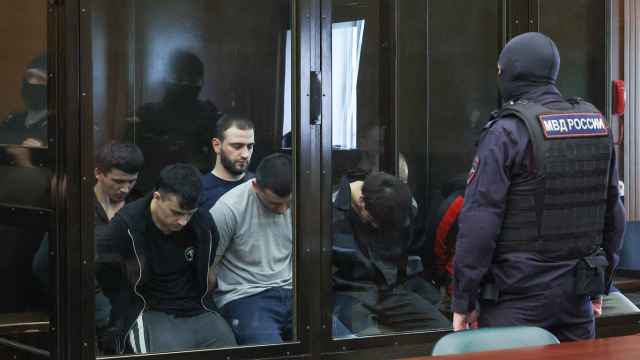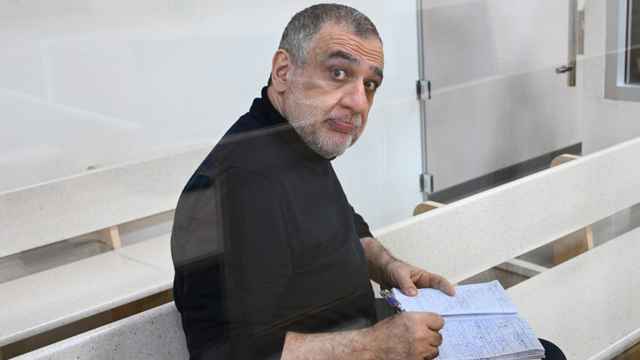Top Russian officials and athletes have denied the existence of a state-sponsored doping program at the 2014 Winter Olympics in Sochi. The response comes after allegations made by the former chief of Russia's doping laboratory in a The New York Times article published Thursday.
Grigory Rodchenkov resigned from his post and fled to Los Angeles after a doping scandal in 2015. In an interview to an American filmmaker Bryan Fogel, he said that he developed a three-drug cocktail of banned substances which he then mixed it with liquor - “whiskey for the men, Martini for the women” - and provided to dozens of Russian athletes, The New York Times reported.
Russian athletes won 33 medals in the Sochi Games, 13 of which were gold. It secured the team an impressive victory after a humble 6th place at the previous winter Olympics in Vancouver.
“This looks like a defector's defamation. I wouldn't trust such groundless accusations,” Kremlin spokesman Dmitry Peskov told journalists Friday. “It looks like absolutely groundless statements that are not based on trustworthy data,” he said.
Rodchenkov also confessed to being involved in swapping athletes' urine samples to ensure the drugs were not detected by the Olympic anti-doping laboratory. He claims that the scheme was facilitated with the help and approval of both the Sports Ministry and the Federal Security Service (FSB).
A number of Russian officials and athletes have denied the scheme's existence. “Cocktails? It's silly. The sportsmen were under control before, during and after the Olympics,” said Sports Minister Vitaly Mutko. “Accusations towards them are absolutely groundless. These are speculations of a man who was accused of being involved [in a doping scandal]. People who find themselves offended can say a lot of things,” he said.
Alexander Legkov, a cross-country skier and 2014 Olympic gold medalist mentioned in The New York Times article, called Rodchenkov's statements defamatory. “Rodchenkov must be taking these cocktails himself if he writes such nonsense. Before the Olympics I underwent 33 doping tests. Any problems, any cocktails – it is complete slander,” he told the Match TV channel.
Alexander Zubkov, a veteran bobsledder who won two gold medals in Sochi, echoed his sentiment. “I participated in five Olympic competitions. I won medals in three of them. After each I was tested for doping. Now someone is trying to accuse me of something. I don't really understand why they need to do it,” he was quoted by the Sport Express newspaper.
Coach of the Russian skeleton team Willi Schneider said the allegations were groundless and politically motivated. One of his athletes, Alexander Tretyakov, won a gold medal in 2014 Olympics. “In my opinion, it's just dirty politics,” said Schneider. These reports have nothing truthful in them, it's just rumors, and I'm sure that Tretyakov was clean,” he told the TASS news agency.
Former head of the RUSADA national anti-doping agency Nikolai Durmanov called the accusations “incredible.” “You can only laugh at them,” he said. “Anyone who knows who doping control works at the Olympics where foreign specialists are involved will agree with me. Everything is carried out under strict control,” Durmanov told the tabloid Life news outlet.
Massive denials haven't convinced the International Olympic Committee. On Friday, a spokesman said that the Committee found these allegations “very worrying” and called for immediate investigation by the World Anti-Doping Agency (WADA). "Based on the findings of a WADA inquiry, the International Olympic Committee will not hesitate to act with its usual policy of zero tolerance for doping and defending the clean athletes," he said.
Earlier this year, Russian track and field national team was banned from participating in all international competitions due to failed doping tests. Analysts say it will be extremely hard to lift the ban before the upcoming Olympic Games in Rio.
Contact the author at [email protected]. Follow the author on Twitter at @dashalitvinovv
A Message from The Moscow Times:
Dear readers,
We are facing unprecedented challenges. Russia's Prosecutor General's Office has designated The Moscow Times as an "undesirable" organization, criminalizing our work and putting our staff at risk of prosecution. This follows our earlier unjust labeling as a "foreign agent."
These actions are direct attempts to silence independent journalism in Russia. The authorities claim our work "discredits the decisions of the Russian leadership." We see things differently: we strive to provide accurate, unbiased reporting on Russia.
We, the journalists of The Moscow Times, refuse to be silenced. But to continue our work, we need your help.
Your support, no matter how small, makes a world of difference. If you can, please support us monthly starting from just $2. It's quick to set up, and every contribution makes a significant impact.
By supporting The Moscow Times, you're defending open, independent journalism in the face of repression. Thank you for standing with us.
Remind me later.






